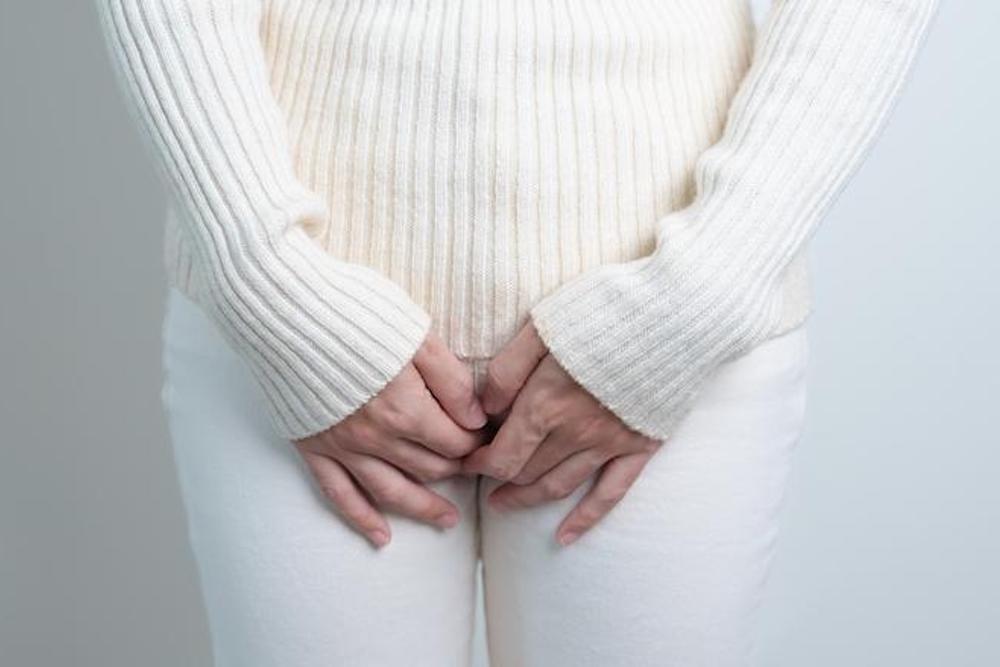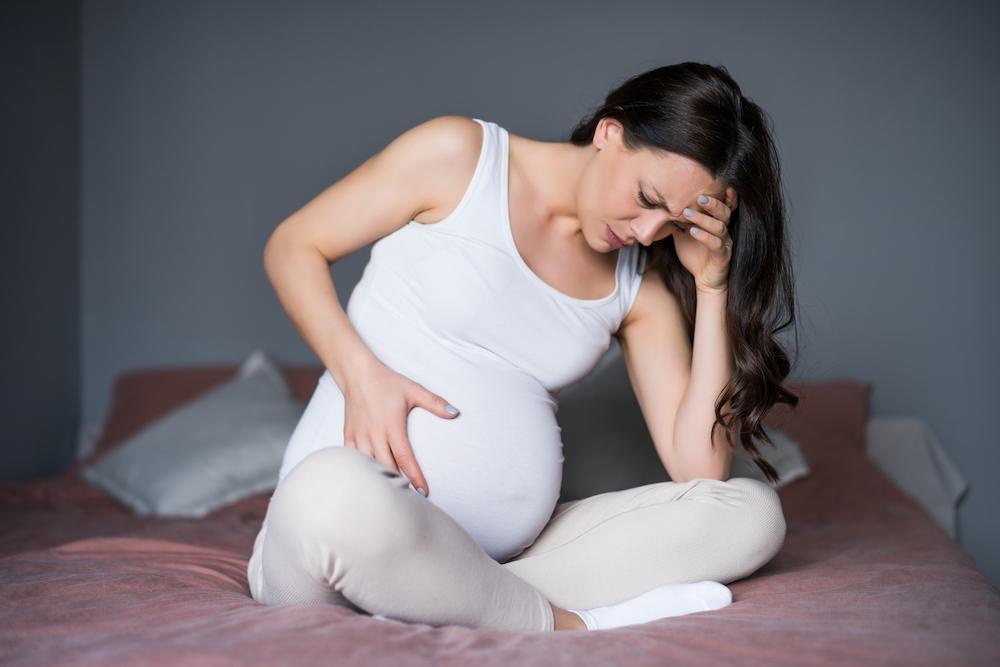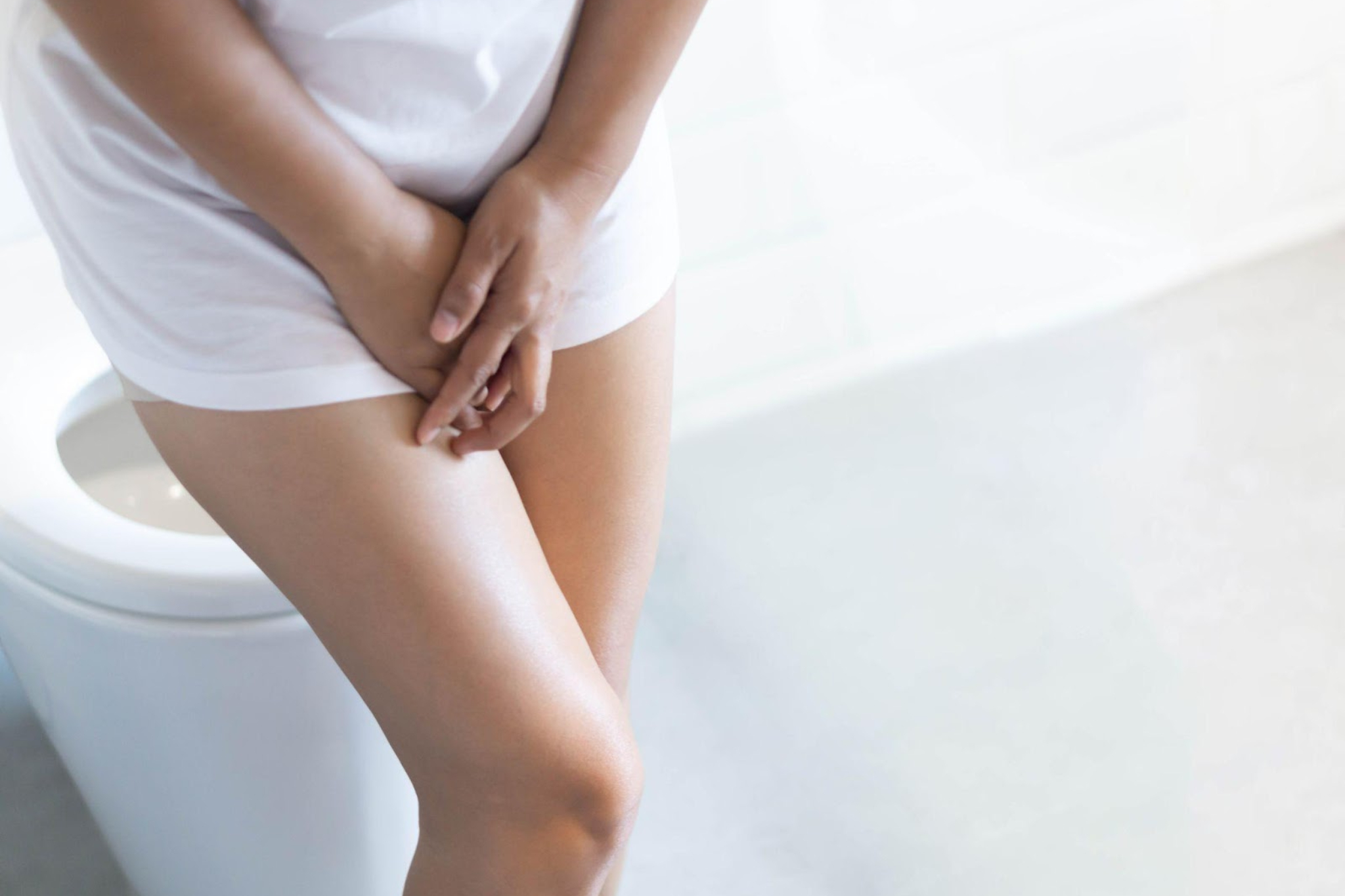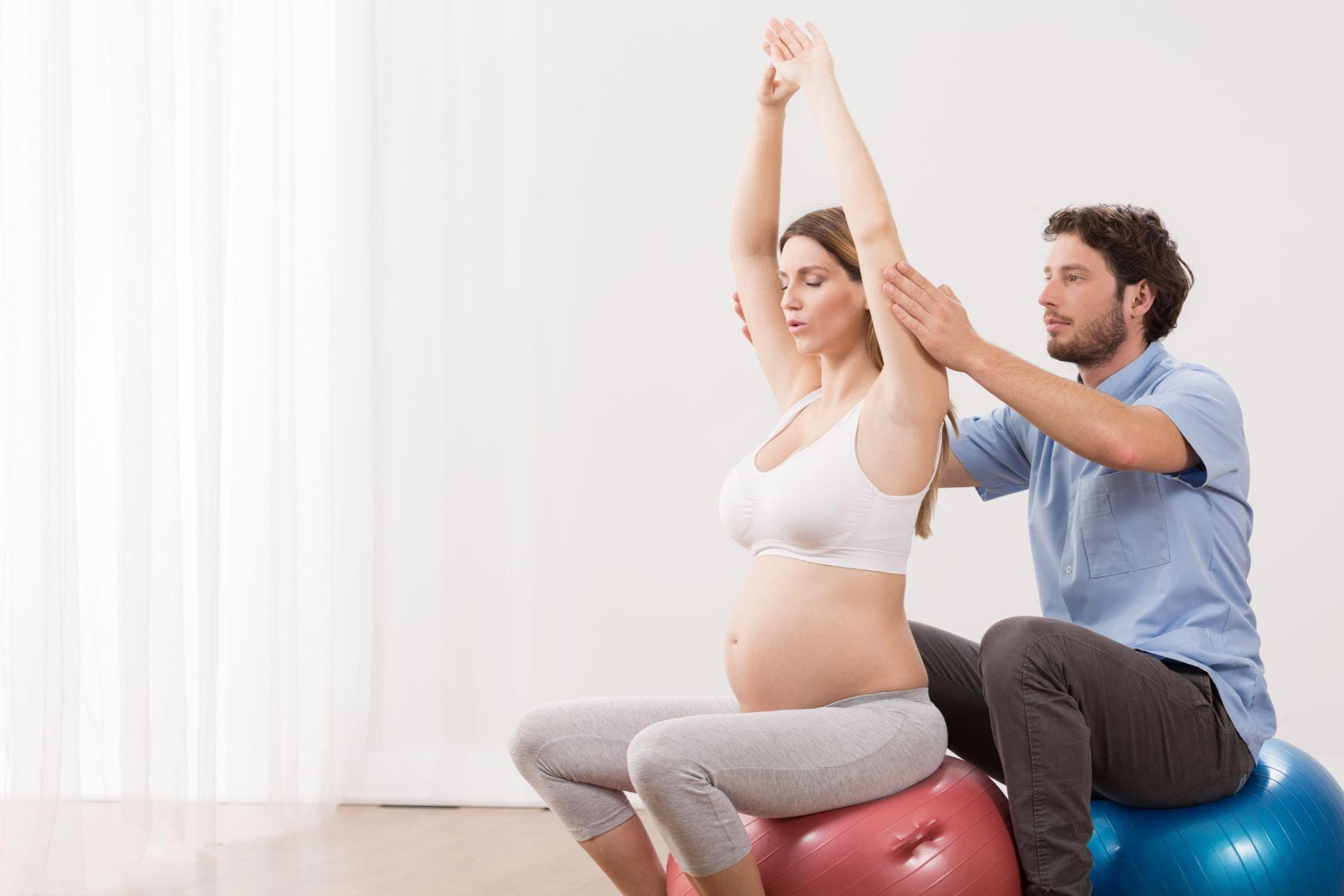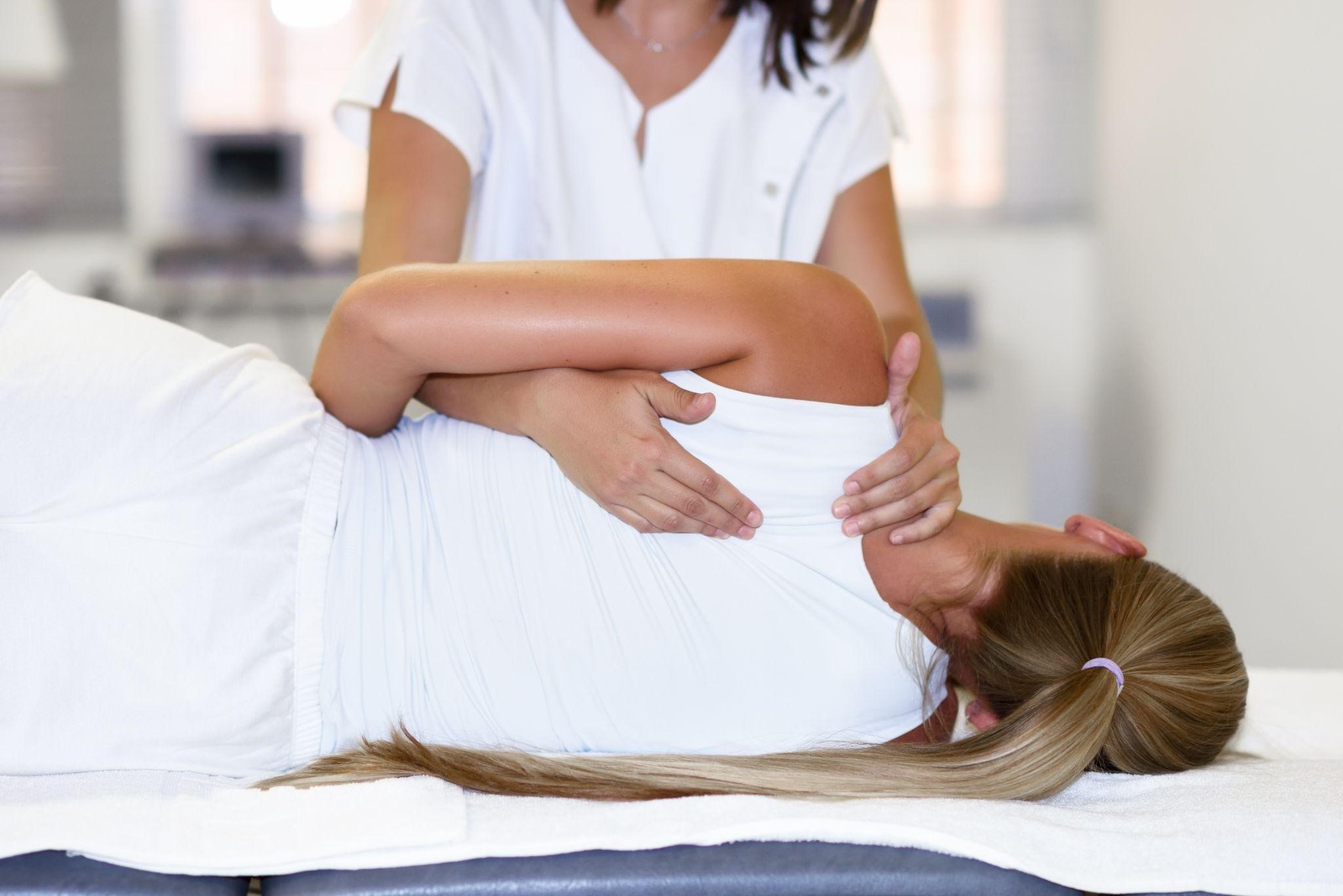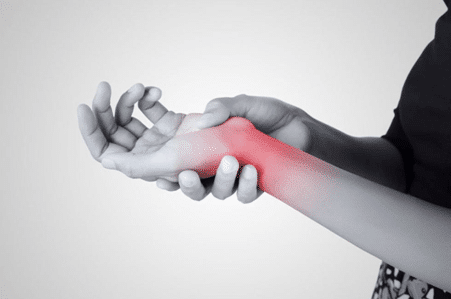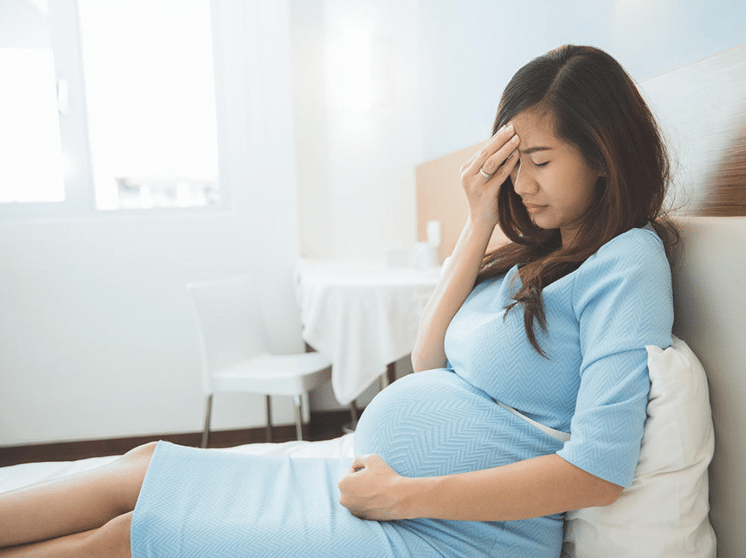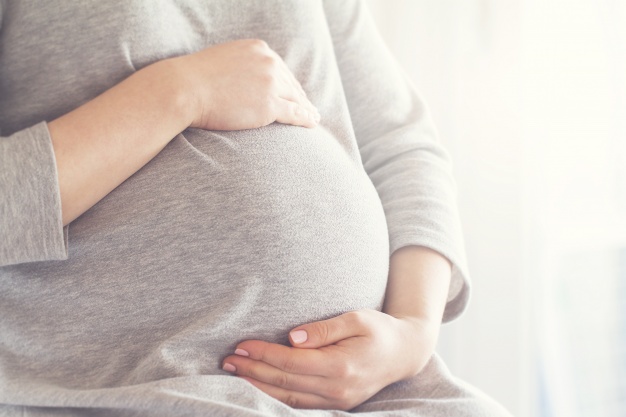Demystifying Pelvic Organ Prolapse: Symptoms & Solutions
Pelvic organ prolapse, a widespread yet often overlooked issue, affects an estimated 50% of women to some degree, according to the National Institutes of Health. The condition occurs when weakened pelvic floor muscles can no longer support organs like the bladder, uterus, or rectum, causing them to drop from their regular positions and exert pressure on the vaginal walls. Consequently, this can lead to discomfort and symptoms like frequent urination.
Pregnancy Woes: Understanding Pelvic Girdle Pain
During pregnancy, women experience various changes in their bodies as they nurture new life. One common challenge expectant mothers face is pelvic girdle pain, also known as symphysis pubis dysfunction (SPD), which occurs due to hormonal changes and weight gain. It affects as much as 45% of new mothers, according to recent medical research by BMC. In this article, we will explore the common causes of pelvic girdle pain and provide
Say Goodbye to Female Urinary Incontinence With Physiotherapy
Involuntary leakage of urine – that is what incontinence boils down to. Urinary incontinence affects millions of women, fueling anxiety in all kinds of day-to-day situations – even a light sneeze, a burst of laughter, or a workout at the gym can prompt unexpected leakage of urine. It can be embarrassing in certain situations but in fact, this is a common condition that many may experience. Research has shown that
Antenatal Care: Physiotherapy To Ensure A Smooth Pregnancy
Described as a time of rapture and fulfilment, pregnancy is a life event that naturally brings out the pure, unadulterated joy in many couples looking to grow their family. To make way for a new life within, the body undergoes massive physical transformations during the nine months of the pregnancy. Most, if not all, expectant parents would hope to have a smooth pregnancy where the safety of both mother and
Discover Ways to Return to Exercise Postpartum Via Physiotherapy
Your body undergoes a major transformation to prepare for the arrival of your baby. It works hard to keep your baby safe and healthy. Upon the arrival of your precious one, your body will start to change again to facilitate the start of postpartum recovery. Similar to your pregnancy days, these changes will cover all areas - physical, emotional, and mental. The recovery period after labour is never linear, and it
Diastasis Recti: Postpartum Complication That Nobody Talks About
When you’re pregnant, the body undergoes multiple changes to accommodate the growth of your precious little one. The most obvious being the expansion of your abdomen muscles as the uterus expands. Because of this, many women will notice an indentation in the middle of their bellies post-pregnancy. This is normal. In some women, however, they carry a wider separation that may need medical attention. This condition is called diastasis recti. What
A Mother’s Perspective of Carpal Tunnel Syndrome
Carpal Tunnel Syndrome: A Mother’s Wrist Pain During and After Pregnancy Are you experiencing wrist pain or numbness that radiates to your palm? Losing your grip strength and dexterity due to pain? It could be a case of Carpal Tunnel Syndrome(CTS). So what is the cause of CTS during and after pregnancy and how can we overcome it? Read on to find out more about Carpal Tunnel Syndrome and Pregnancy. How Breastfeeding
What is pubic symphysis dysfunction – pregnancy
Pain on your lower pelvis? You may have a Symphysis Pubis Dysfunction Have you ever experienced pain in your lower pelvic area? Studies show that pelvic joint pain affects 16 to 25% of pregnancies, with onset anywhere from the first to third trimester (Kanakaris, 2011). It can result in Symphysis Pubis Dysfunction which can cause radiating pain and instability in the joint. This condition can be quite debilitating and impact the
Incontinence; What does it mean and how can Physiotherapy help?
Incontinence; What does it mean and how can Physiotherapy help? Do you leak or wet yourself after you cough or sneeze? Does it happen when you are lifting something heavy too? Do you have to rush to the toilet to prevent a leak? If you’ve answered yes to the above, you may be having bladder control issues or urinary incontinence. Men and women of all ages can have Incontinence although women and the
Expecting a junior you? Know all about the things to expect
Pregnancy happens to be the best time in a woman’s life. The emotions she experiences is beyond words can ever imagine. All that an expecting mother can think of is the health



